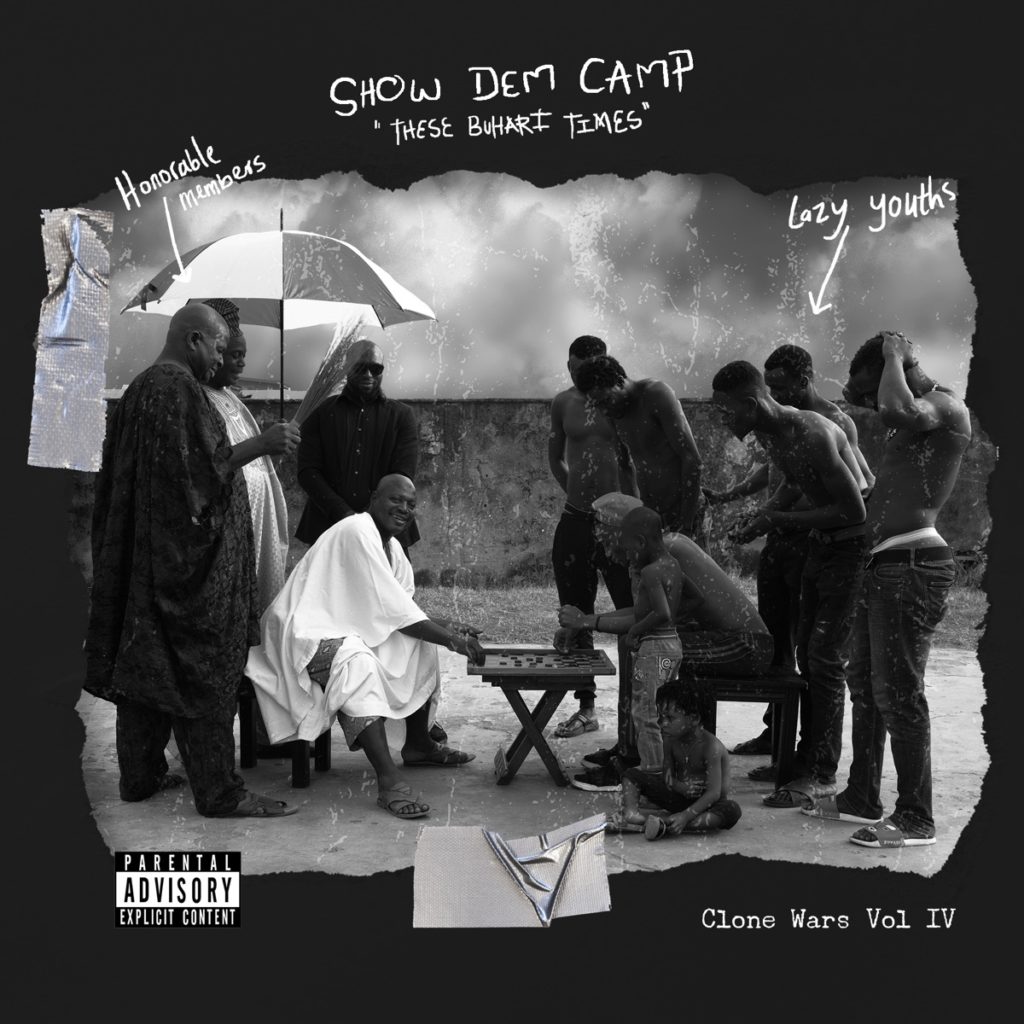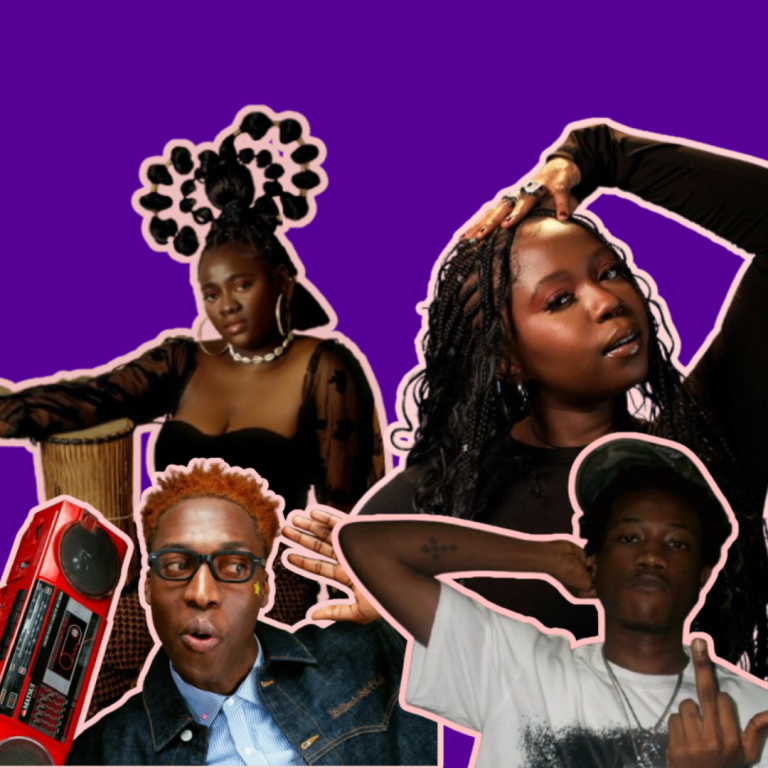Nigerian Hip-Hop isn’t just music; it’s a movement. These albums aren’t mere compilations of tracks—they’re cultural time capsules, chronicling our stories, struggles, and triumphs. They’ve shaped lifestyles, sparked conversations, and showcased the undeniable power of Nigerian Hip-Hop to educate, inspire, and entertain.
From groundbreaking classics to modern-day masterpieces, this list highlights 15 iconic and influential albums that define the essence of Nigerian Hip-Hop. Presented in no particular order, these records represent the genre’s finest moments and enduring legacy.
Talk About It — M.I Abaga
16 years ago, Nigerian Hip-Hop reached a pivotal moment with M.I Abaga’s Talk About It. The album set a gold standard for blending elite lyricism with mainstream commercial appeal. M.I rapped unapologetically about his fair-weather friends, faith, and societal pressures, all while exuding unmatched confidence, skill, and charm.
Riding on the momentum of those before him, M.I dropped “I’m Hot,” his version of “Mo Gbono Feli Feli,” which reportedly sold 30,000 units in just 30 minutes. Talk About It not only defined his career but also introduced future stars like Ice Prince, Jesse Jagz (“Blaze”), and Wizkid (“Fast Money, Fast Cars”).
The album earned M.I the Best Rap Album award at the 2009 Headies and transformed the landscape of Nigerian rap. The “short black boy who flows like Jigga, yet sounds like Nas” forever changed the game—and it hasn’t been the same since.

E Pluribus Unum — Modenine
Before Paradigm Shift (2008) and Da Vinci Mode (2010) solidified one of the greatest three-album runs in Nigerian Hip-Hop, there was E Pluribus Unum (2007). While Modenine’s influences from KRS-One and early Hip-Hop sounds are evident, this album stands out for its sharp storytelling and incisive take on everyday Nigerian life.
With tracks that could pass as essays or satirical commentaries, Modenine explores the chaos of Lagos living, Nigeria’s near-obsessive love for the English Premier League, and the deep grief caused by violence. While his technical skill and lyrical complexity are hallmarks of his music, this album’s true brilliance lies in its stellar storytelling and its comfortably traditionalist production that perfectly complements his layered bars.
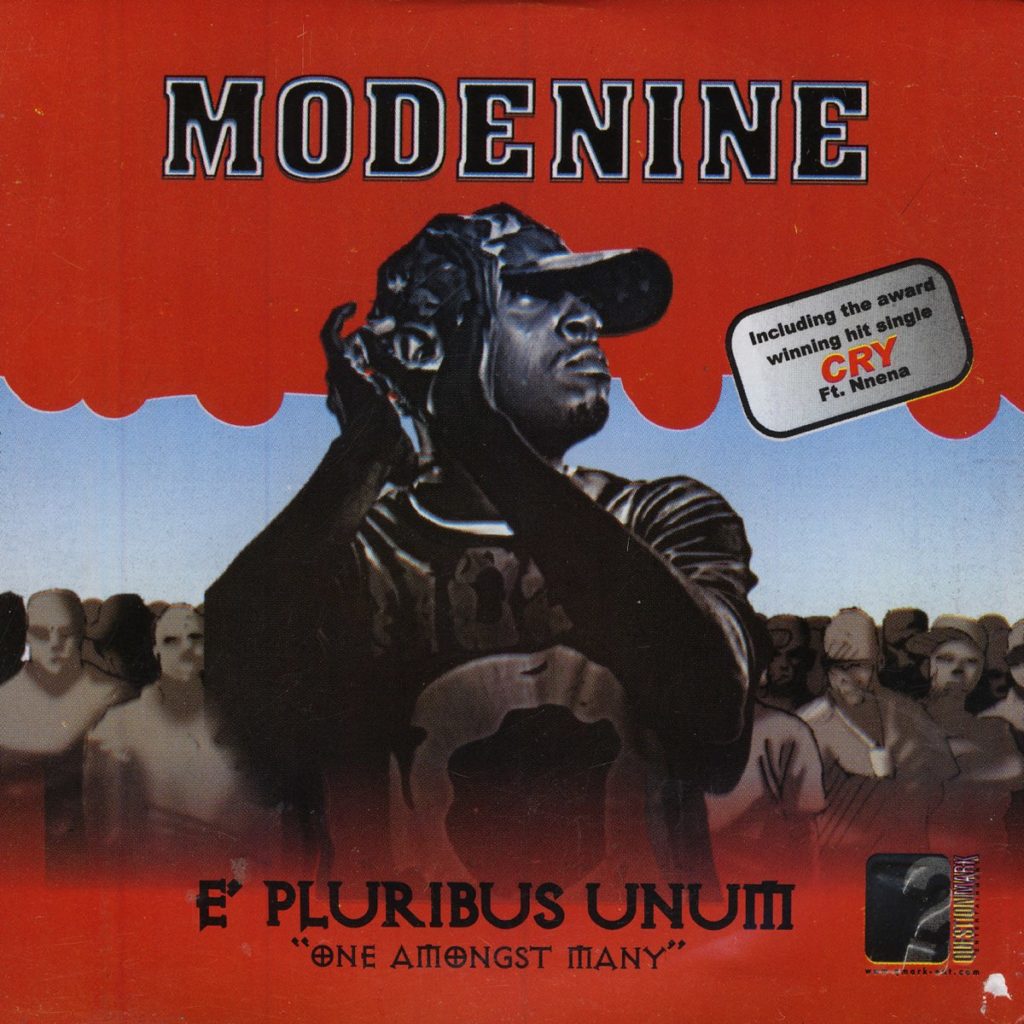
Pain Plus Work — Gino
Gino’s Pain Plus Work deserves recognition as one of the greatest debut albums in Nigerian music history, even before mentioning hits like “No Be God” or his connection to Sossick. With a style deeply influenced by top-tier American Hip-Hop and R&B, Gino seamlessly blends swagger-laden rhymes with rich, authentic Hip-Hop production.
The album is an intercultural masterpiece, drawing heavily from the golden age of U.S. Hip-Hop while retaining a distinct Nigerian flavour. Tracks like “No Be God,” “Isale Gangan,” and “Farabale” propelled Gino into the spotlight, making Pain Plus Work a defining moment for Nigerian rap.
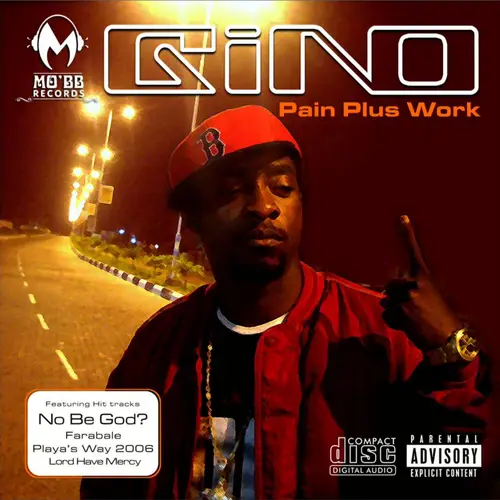
Super C Season — Naeto C
When Naeto C debuted with “You Know My P” in 2007, he brought a new level of suave to Nigerian Hip-Hop, one synonymous with a life of affluence and effortless cool. He doubled down on that vibe with his sophomore album, Super C Season, which became a cultural phenomenon.
The album introduced the iconic “Yes Boss” salutation, popularised white tees paired with Hausa caps as a fashion statement, and gave rise to a laid-back rap style now known as “Soft Boy Raps.” With hits like 5 & 6 and Ten Over Ten, Naeto C extended his cultural influence far beyond the airwaves, cementing his place as one of Nigerian Hip-Hop’s most stylish trailblazers.

DaRipOff Mixtape — Saucekid
As a Yankee-based Nigerian artist, Saucekid needed to prove he could hold his own among his peers while staying deeply connected to his roots. With DaRipOff Mixtape (2011), Sinzu masterfully balanced sharp lyricism and humour, showcasing his versatility and cultural authenticity.
The mixtape also brought together a stellar lineup of collaborators, including Naeto C, Ikechukwu, Sasha P, Tec of Show Dem Camp, and Godwon, creating a project that highlighted the synergy within the Nigerian Hip-Hop community.

No Gut No Glory — Phyno
Hip-Hop has always been shaped by regional and ethnic influences, with each locality adding its unique flavor to the genre. Phyno’s No Guts No Glory breathed new life into Eastern Hip-Hop, using Igbo—his native tongue—as its foundation while showcasing a deep cultural connection.
The album transcends its Enugu roots to appeal to non-Igbo listeners as well. Tracks like “Alobam,” a tribute to friendship, and “Ghost Mode,” a dynamic back-and-forth rap exchange with Olamide, highlight its universal appeal while staying grounded in Eastern authenticity.

Jagz Nation Vol. 1: Thy Nation Come – Jesse Jagz
Jesse Jagz’s departure from Chocolate City Records heralded a new era with the release of Jagz Nation Vol. 1: Thy Nation Come. This album not only marked the birth of his independent label, Jagz Nation, but also showcased his artistic evolution.
Blending rap with reggae and ragga influences, Jesse invokes themes of revolution, spirituality, sensuality, and his Rastafarian ideas. While many of the tracks stretch to five minutes or more, even the most impatient listener will find something captivating to hold onto in this audacious and eclectic project.
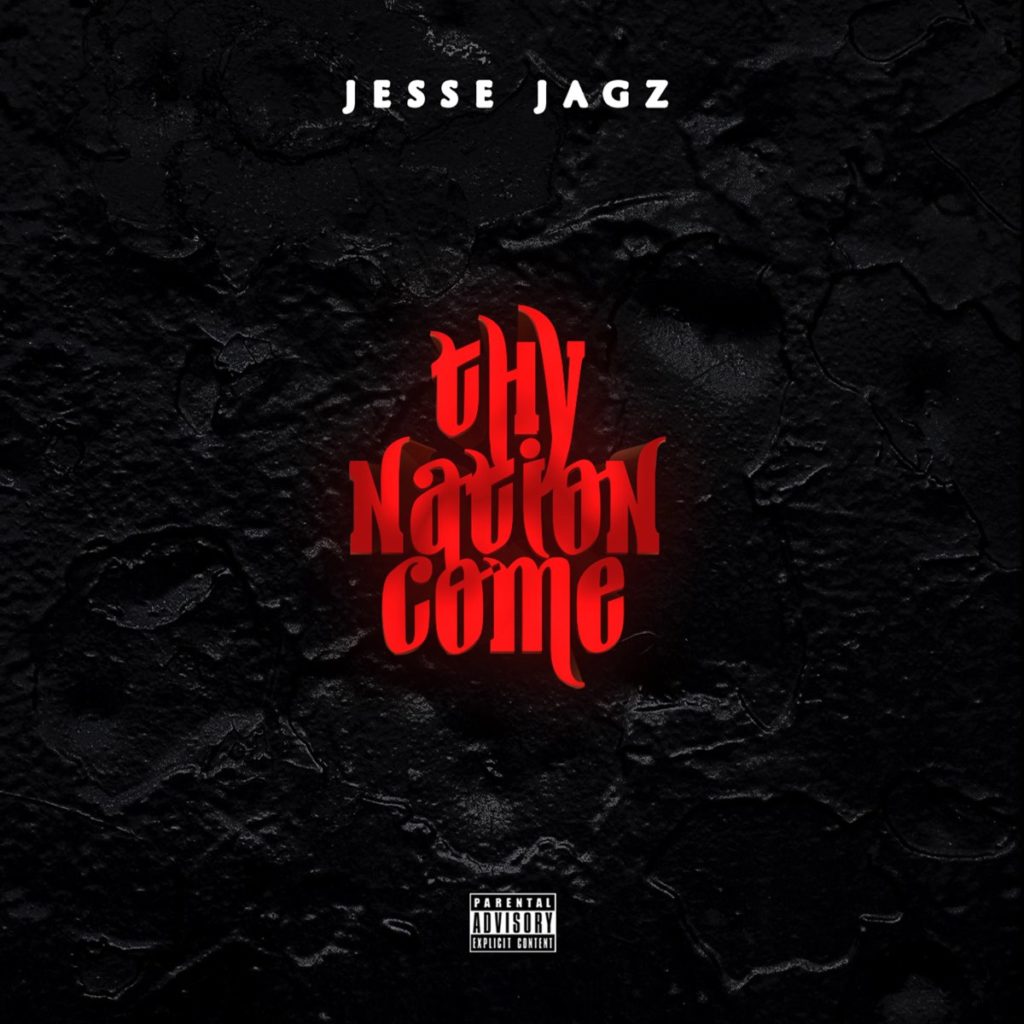
Minority Report — Rooftop MCs
The duo of Soul Snatcha and So Kleva, collectively known as Rooftop MCs, carved out a unique niche in Nigerian Hip-Hop by blending it with alternative rock, Fuji, and pop influences to create music that resonated deeply. Their sophomore album, Minority Report (2008), inspired by the American film of the same name, reflects their positivity and stronger conviction in their Christian faith.
They put their principles, purpose and lessons on wax. For relatability, they performed in English, Pidgin and Yoruba and employed street terms: “Chop Your Mouth” for eager fans that recite the wrong lyrics; “Elenu,” directed at critics; and “Lagimo,” which became a popular street slang, to remind the MCs to be humble in their prime.
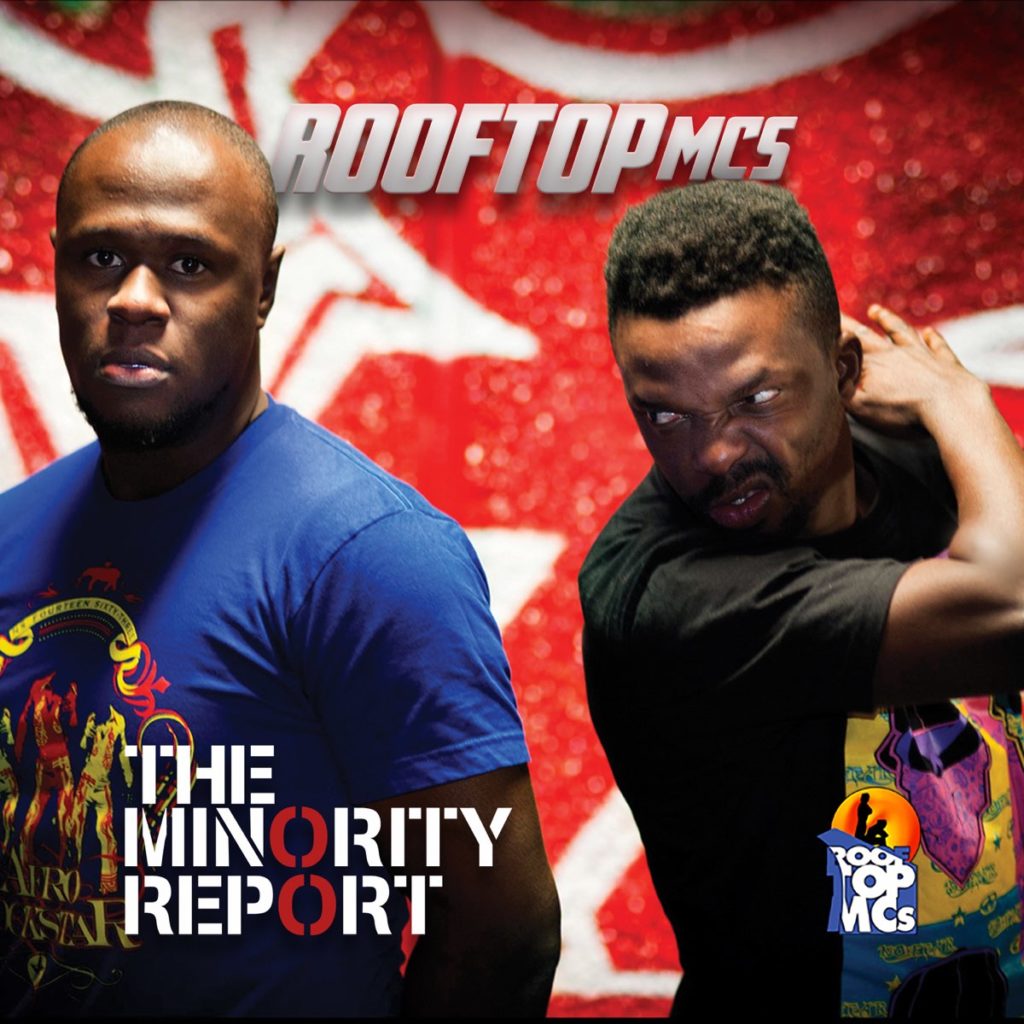
Alternate Ending — Lost & Found
In a music industry where seeking love and acceptance from fans, critics, and gatekeepers often feels like a futile endeavour, Boogey and PayBac iBoro found freedom. With this understanding, they teamed up with producer Charlie X and Black Intelligence to craft Hip-Hop that was authentic to their experiences.
Alternate Ending is a journey told in vivid detail—capturing their escape from industry pressures and their vision for a future defined by artistic autonomy, free from the constraints of mainstream rules and agendas. The album represents their refusal to conform, instead embracing the music that felt real to them.
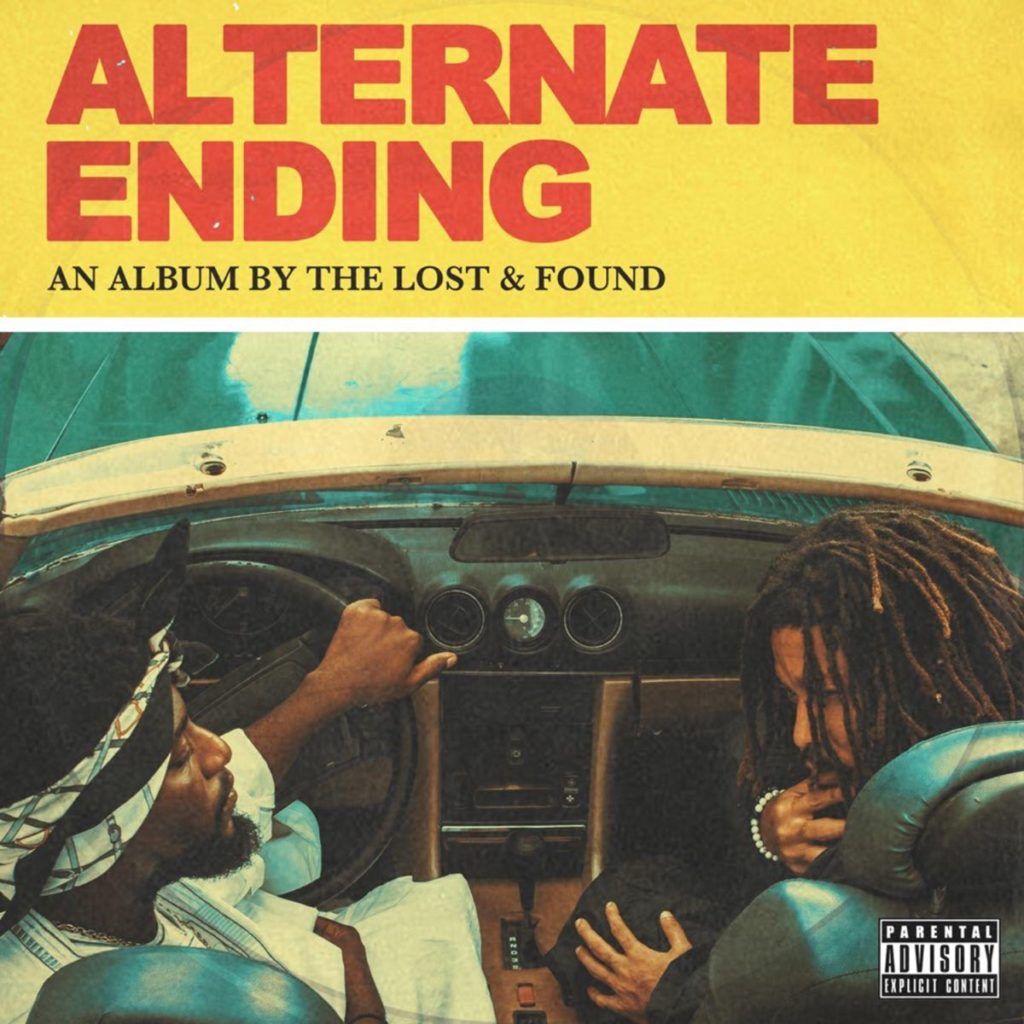
C.E.O — Dagrin
Though death took Dagrin from us too soon, it couldn’t erase the impact of his music. With the help of producer Sossick, Dagrin’s second album, Chief Executive of Omo Ita (C.E.O), redefined the direction of Nigerian rap, spotlighting indigenous rappers.
Dagrin didn’t just represent the streets with his nicknames; he embodied its struggles and dreams. Through tracks like the introspective “Ghetto Dreams,” the triumphant “Gboro,” and the nationwide anthem “Pon Pon Pon,” Dagrin told stories that resonated deeply with the everyday Nigerian, leaving an indelible mark on the culture.
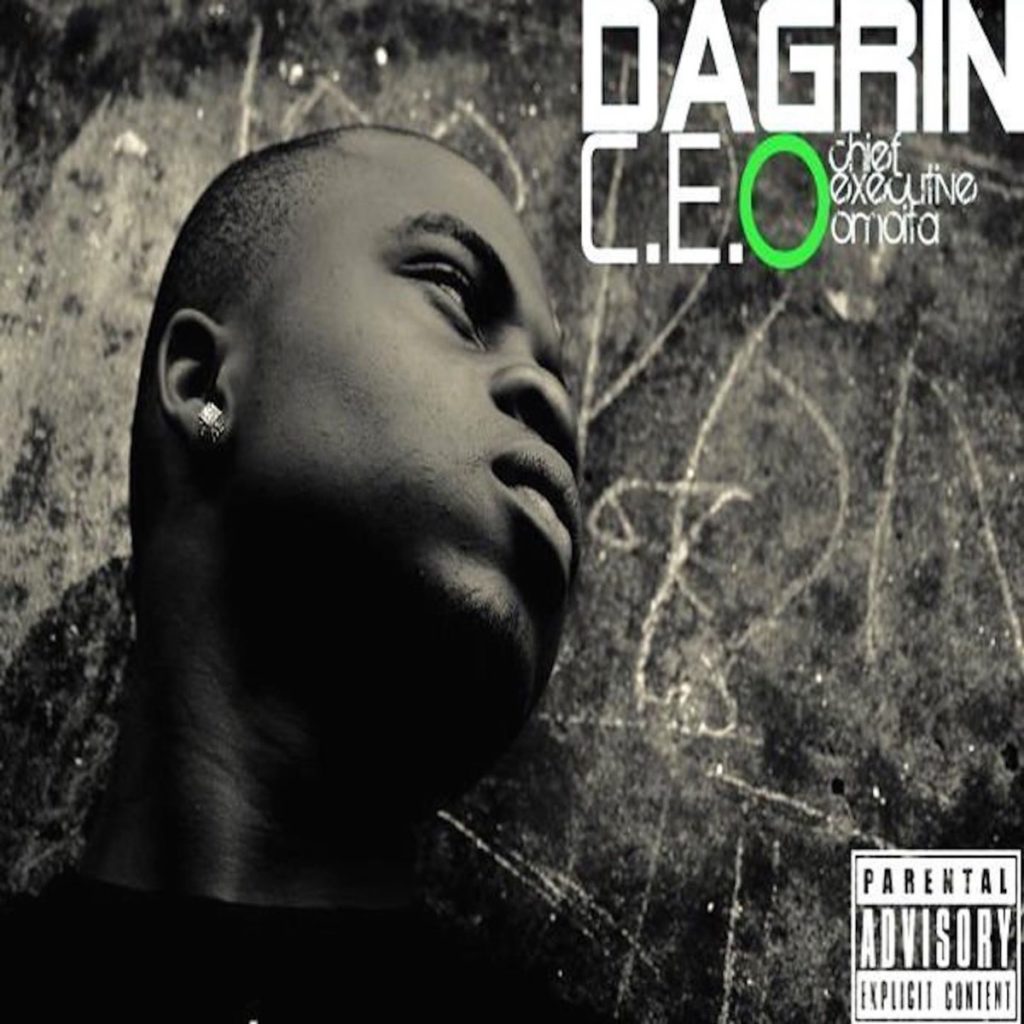
Alaga Ibile — Reminisce
Alaga Ibile (2012) captured the evolution of a street-savvy artist into a local boss defining his own lane. On this album, Reminisce was at his most fierce and lyrically sharp, pushing the boundaries for indigenous rappers in Nigeria.
The album was a commercial powerhouse, selling 13 million units in Alaba and making history as the first African rap album to chart on the Billboard World Chart, debuting at number 12. It marked a pivotal moment in the growth of Nigerian Hip-Hop and Reminisce’s place at the top of the game.
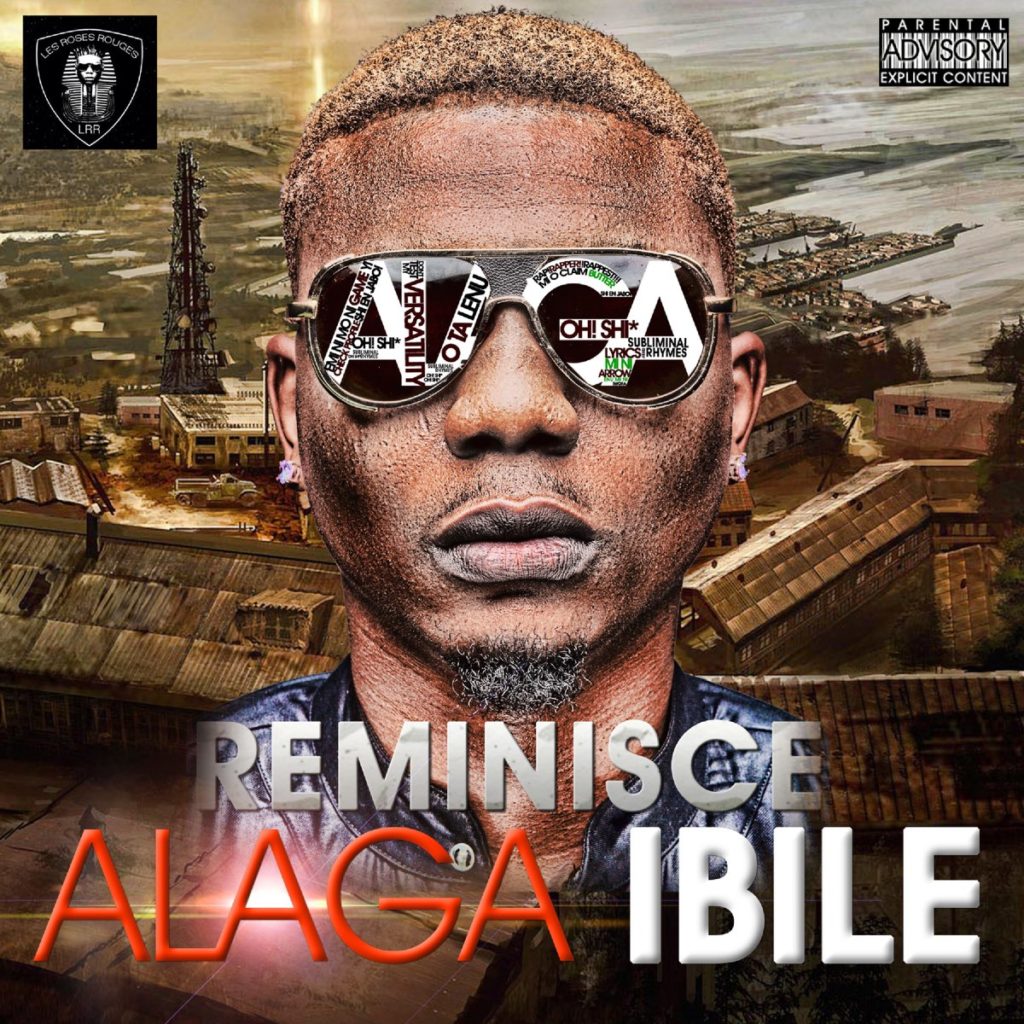
Soulsoup — Timi Kei & Illgod
Soulsoup is a seamless blend of Illgod’s soul-sampled production and Timi Kei’s introspective poetry and sharp lyricism. The album, crafted around Christian values, flourishes with self-reflection, love, romance, and the complexities of substance use and abuse.
With its thoughtful approach and musical depth, Soulsoup is seasoned to satisfy the appetites of Hip-Hop lovers who crave both lyrical richness and conceptual depth, making it a standout in its genre.
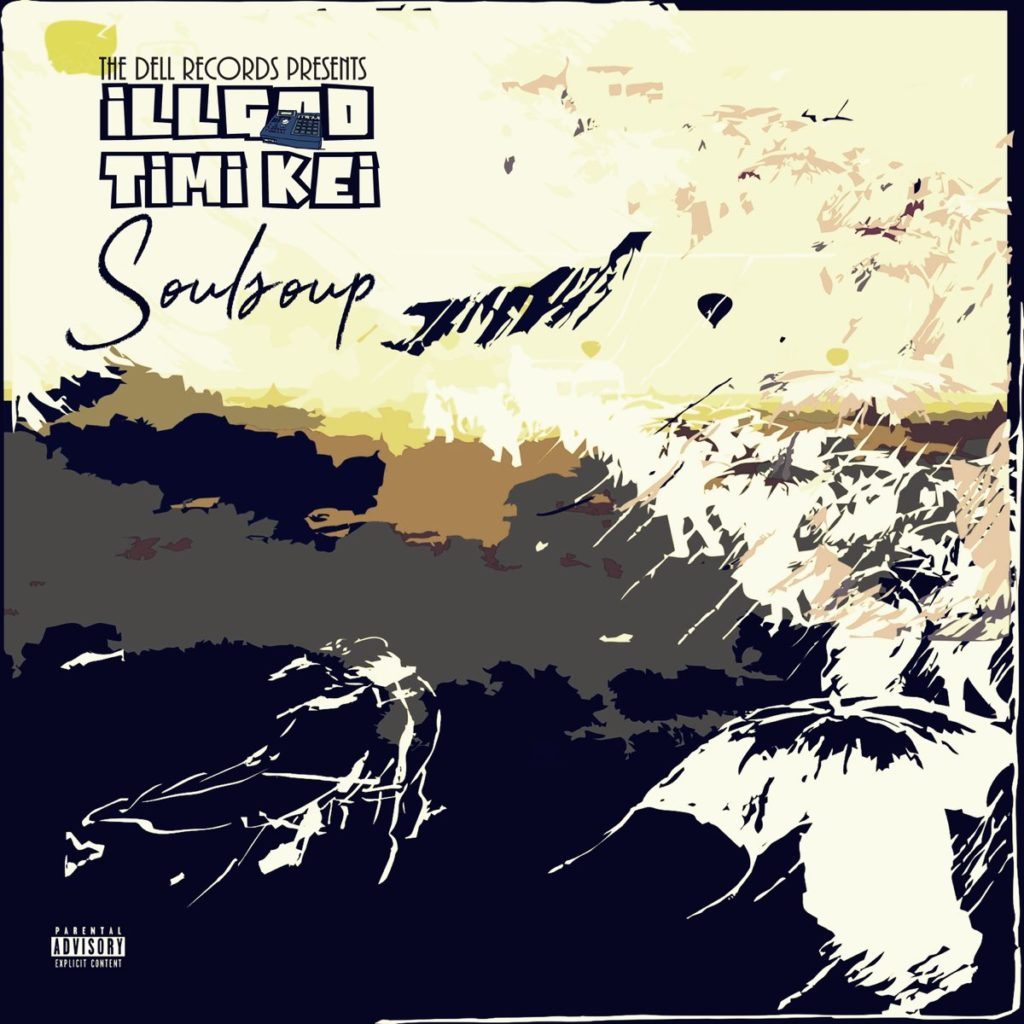
Baddest Guy Ever Liveth — Olamide
At the height of his mainstream success, Olamide released Baddest Guy Ever Liveth (BGEL), an album that solidified his place as one of Nigeria’s foremost rappers, artists, hitmakers, and music executives.
Olamide’s catalogue is filled with stories of rising from humble beginnings, street victories, hedonism, and excess. Yet, none of his albums blends soulful depth with commercial appeal quite like BGEL. This project marked Olamide’s declaration of his ascension to the Mount Rushmore of Nigerian Hip-Hop.
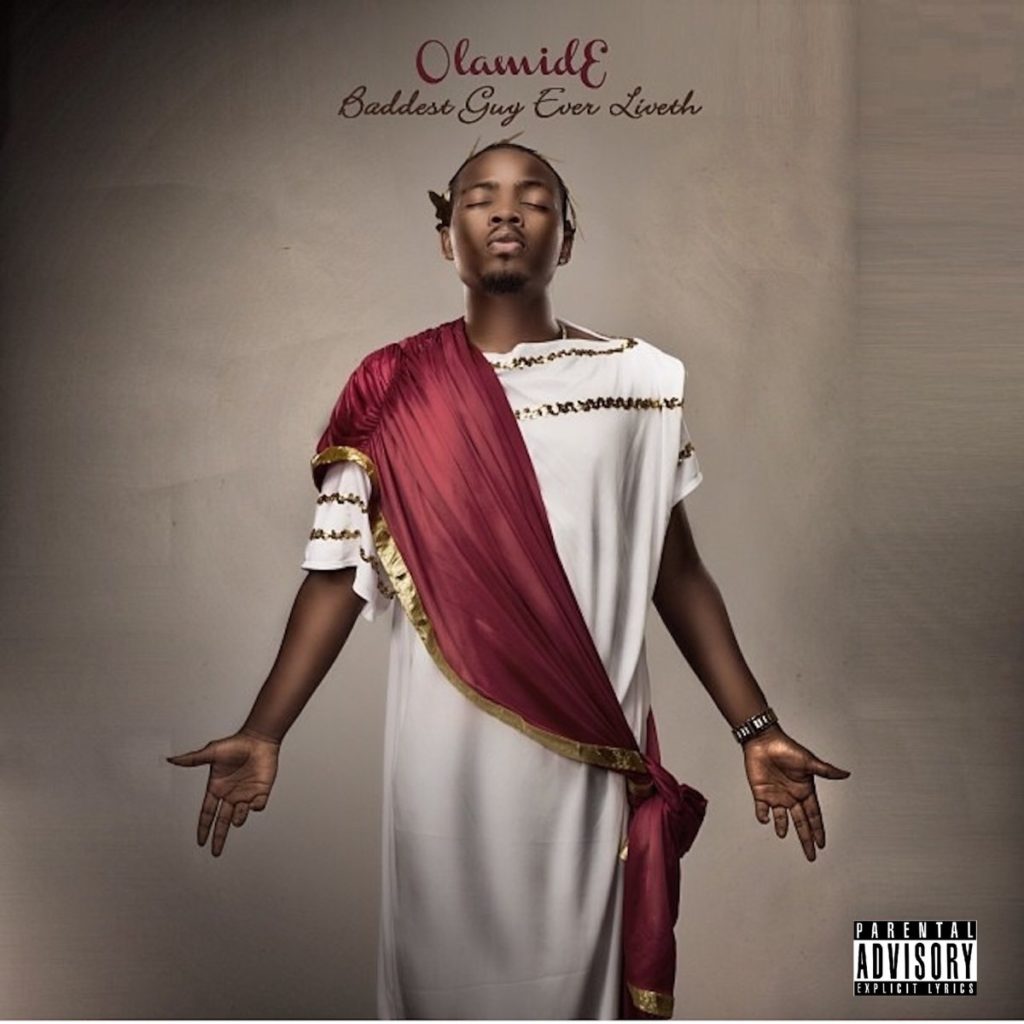
CULT! — PayBac iBoro
CULT! is PayBac iBoro’s second solo album and a defining work in his catalogue. With sharp commentary on Nigerian history, politics, and the complexities of everyday life, the album offers a deep reflection of triumphs, failures, dreams, and aspirations from PayBac’s perspective.
Tracks like “Nigeria Suk My Dik” express his frustrations as a citizen, while “Nigerian Dream” encapsulates his journey and the challenges of being a Nigerian creative. Through this album, PayBac positions himself as the most authentically Nigerian rapper, blending his unique perspective with a universal resonance.
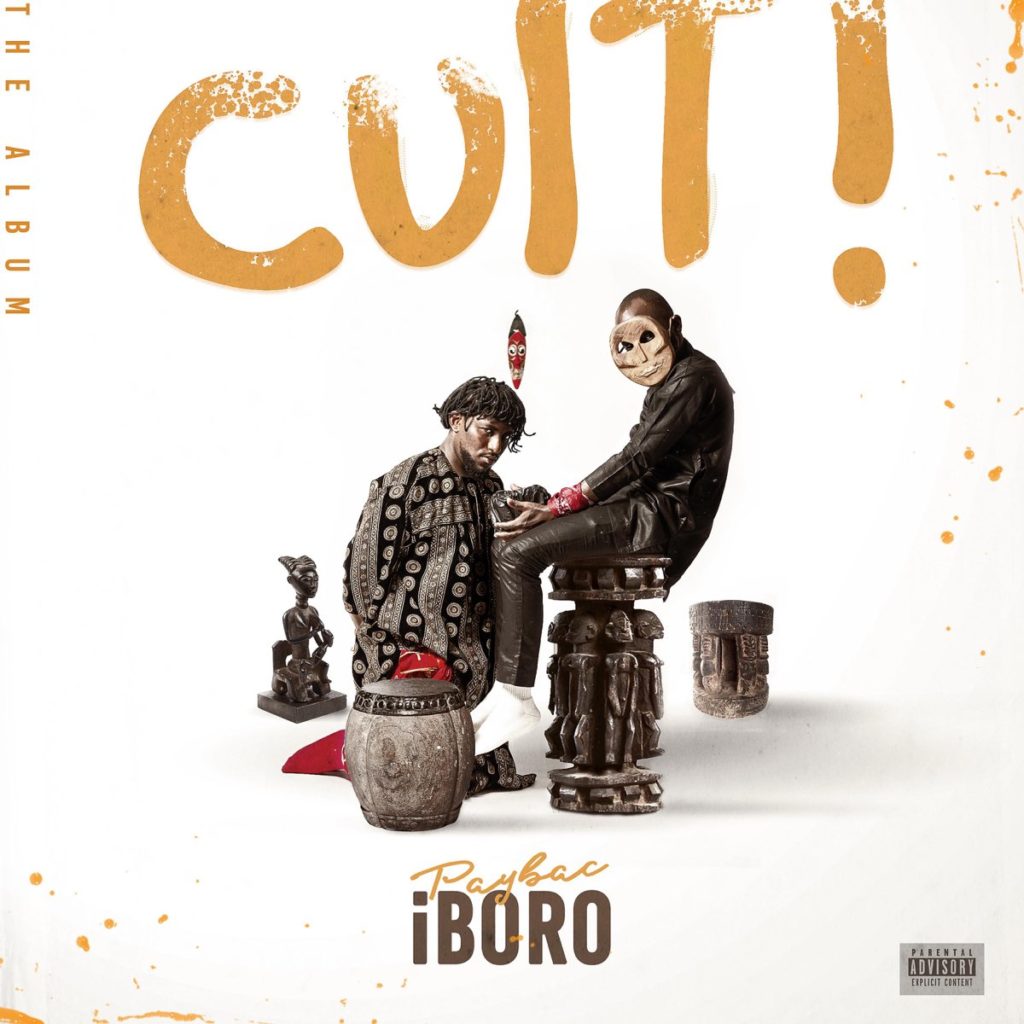
Clone Wars IV: These Buhari Times — Show Dem Camp
While all the volumes of Show Dem Camp’s Clone Wars series are regarded as classics, These Buhari Times stands out as an exceptional work. Released during Muhammadu Buhari’s presidency, at a time when Nigeria was grappling with its lowest points, the album captured the nation’s pulse.
With sharp, vivid lyricism, These Buhari Times interrogates Nigeria’s socio-political landscape, reflecting on the state of the nation, mental health, relationships, and even epigenetics. It’s arguably one of the most detailed and insightful Nigerian Hip-Hop albums addressing socio-political issues, showcasing Show Dem Camp’s mastery in blending critical commentary with compelling music.
